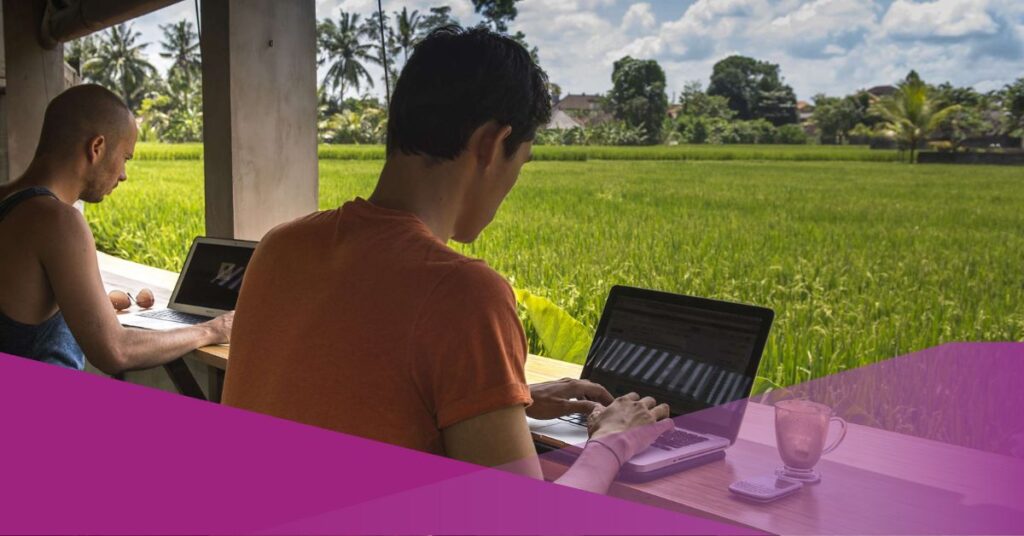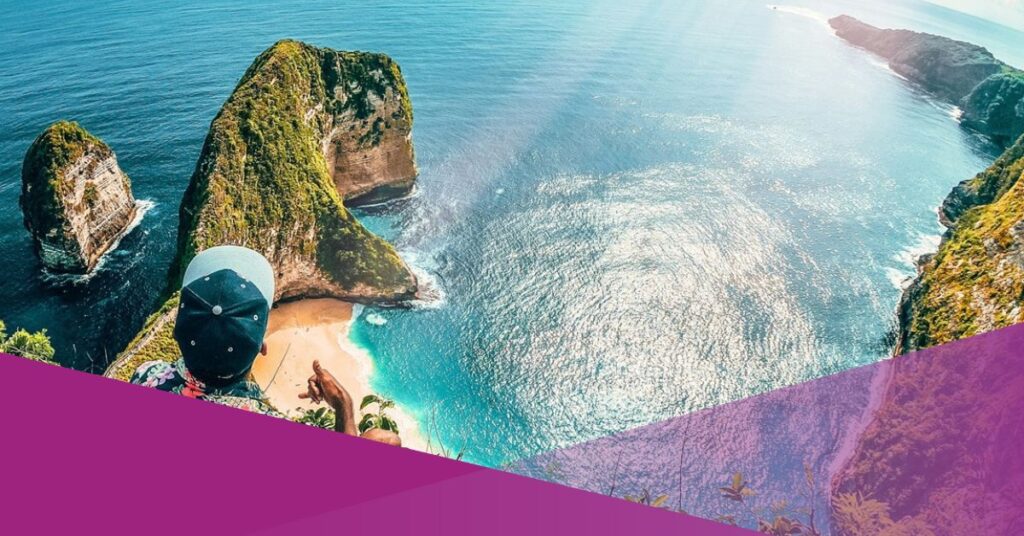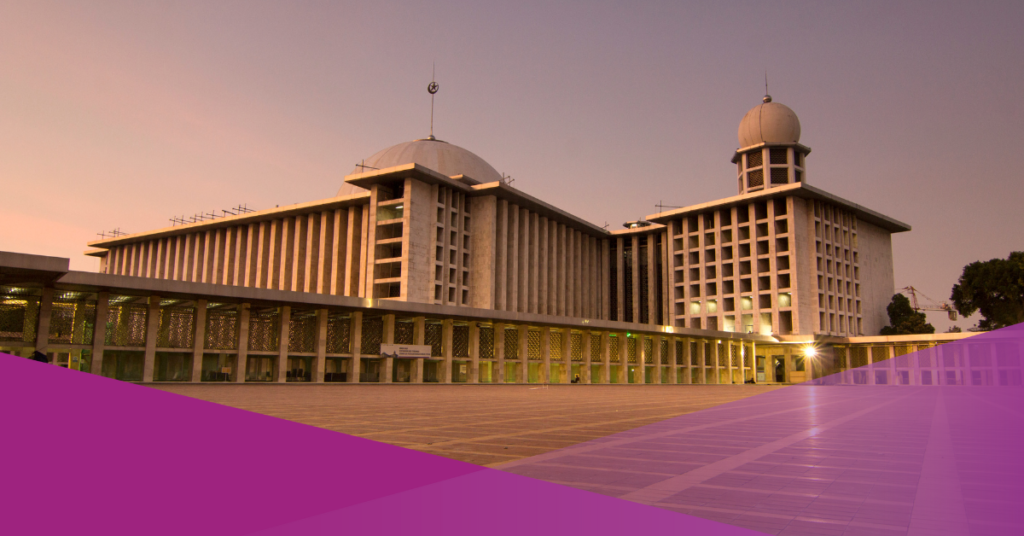In an era where remote work and digital nomads are on the rise, Bali has become a magnet for those seeking a serene backdrop for their professional endeavours. As the island of paradise continues to attract remote workers and expatriates, a game-changing visa option then initiated, positioning itself as the best choice for those looking to call Bali home – the Indonesia Second Home Visa.
Digital nomads, entrepreneurs, and expatriates seeking to make Bali their base of operations are increasingly opting for the Indonesia Second Home Visa, which offers massive benefits that cater specifically to their unique lifestyles.
What is a Digital Nomad?
Digital nomads are individuals who leverage technology to work remotely while travelling to various locations. This lifestyle allows them to explore new places anywhere in the world to live and work from anywhere without being tied to a permanent office or home.
Digital nomads utilise digital technologies—such as laptops, smartphones, and internet access connectivity—to perform their jobs from diverse settings, including cafes, co-working spaces, and even beaches. They often have minimal material possessions and may live in temporary accommodations like hotels or hostels while they travel.
Pros and Cons of Digital Nomad Lifestyle
- Travel Opportunities: Digital nomads can explore different cultures and environments while maintaining their remote job careers.
- Work-Life Balance: Many find that working remotely or freelance allows for a better balance between personal life and professional responsibilities.
- Cost of Living: Some digital nomads choose destinations with lower living costs compared to their home countries, allowing for potential savings.
- Increased Productivity: Working in inspiring locations can enhance creativity and motivation.
Become a Digital Nomad Using a Second Home Visa Indonesia

The Indonesia Second Home Visa, often called the “Second Home Visa,” is a long-term visa designed to encourage expatriates and digital nomads to reside in Indonesia for extended periods. It is available in two schemes: a 5-year visa and a 10-year visa. This visa is also known for its flexibility and the privileges it offers its holders to stay in Indonesia.
How To Apply for a Second Home Visa Program in Indonesia
Indonesia has introduced a Second Home Visa to attract long-term foreign residents. This visa allows individuals to stay in the country for up to 10 years. To qualify, you must meet specific financial requirements.
To apply for a Second Home Visa, you generally need to:
- Meet the financial criteria: This involves either: Having a minimum bank deposit of 2 billion Indonesian Rupiah (approximately $130,000) in an Indonesian government-owned bank statement. Or owning real estate in Indonesia with a minimum value of $1,000,000.
- Have a valid passport: Your passport should be valid for at least 36 months from the date of application.
- Provide recent photographs: Two color photographs with a white background are typically required.
- Submit a Curriculum Vitae (CV): A brief overview of your personal and professional background.
Why is it the Best Fit for Second Home Visa Holder as Digital Nomads in Indonesia?
- Extended Stay: The Second Home Visa allows digital nomads to live in Indonesia for up to 10 years , eliminating the hassle of frequent visa renewals that many expatriates face in other countries.
- Multi-Entry: With the Second Home Visa, individuals can leave and return to Indonesia as often as they wish during the visa’s validity, making it convenient for those who want to explore other countries while maintaining Bali as their home base.
- Tax-Free on Offshore Income: One of the most attractive features of this visa is that it is tax-free on offshore income, allowing digital nomads to keep more of their hard-earned money.
- Access to Resident Benefits: Holders of the Second Home Visa gain access to various privileges typically reserved for Indonesian residents. These include obtaining a local driving license, owning a vehicle, opening a bank account, and even participating in social security and retirement schemes.
- Ease of Obtaining: Compared to other long-term visa options in Indonesia, the Second Home Visa is relatively straightforward. The application process is designed to be user-friendly, and with the correct documentation, approval can be swift.
If you want to know more about Second Home Visa or other Visa schemes available in Indonesia, Click here to visit Lets Move Indonesia website for more information regarding Indonesia’s Second Home Visa.
Bali appeal as a digital nomads to attract foreign is undeniable, with its stunning landscapes, culture, and thriving community of remote workers. With the Indonesia Second Home Visa, Bali has positioned itself as an even more attractive destination for foreigner to stay those seeking a long-term stay in this tropical paradise.
The visa’s unique features, including its duration, flexibility, and resident privileges, make it a clear choice for digital nomads and expatriates looking to settle in Bali. As the world continues to embrace remote work, Bali’s Second Home Visa has emerged as a golden ticket for those seeking a seamless transition to a life of work and play on the Island of the Gods.































